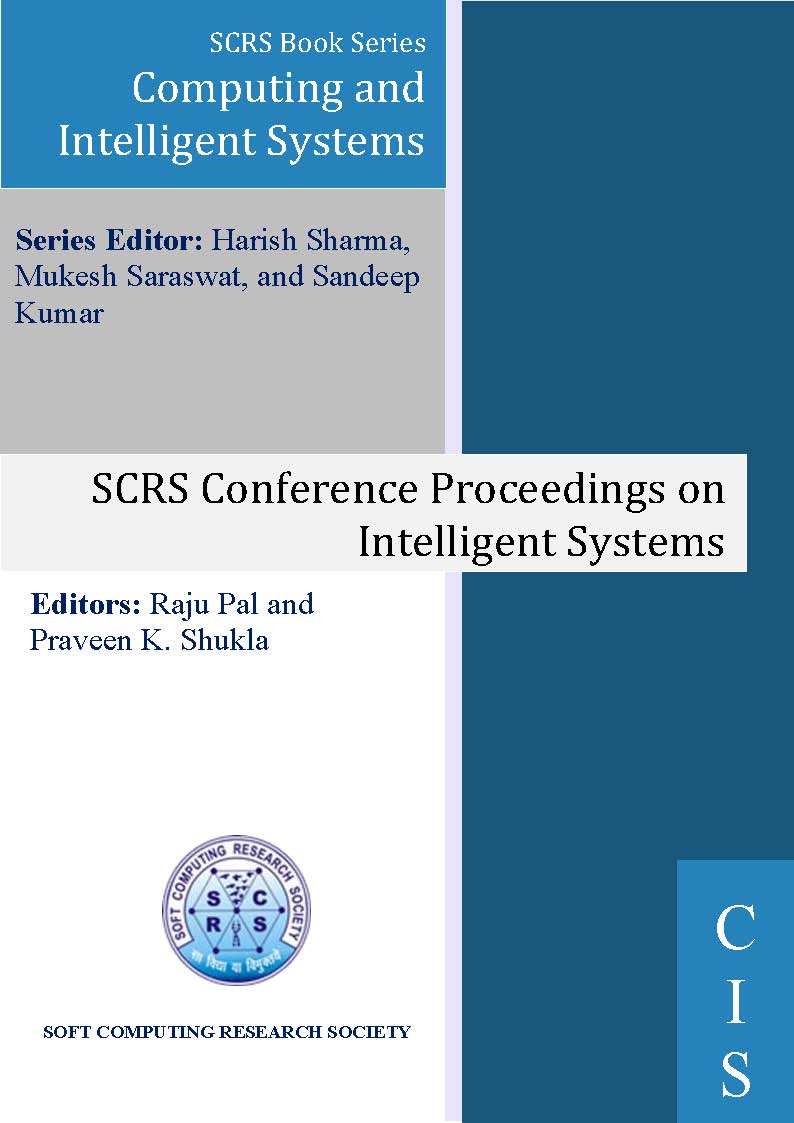
Performance Analysis of Random Forest (RF) and Support Vector Machine (SVM) algorithms in classifying Breast Cancer
Authors: FHA. Shibly, Uzzal Sharma and HMM. Naleer
Publishing Date: 25-04-2022
ISBN: 978-93-91842-08-6
Abstract
Breast cancer is a severe illness cause of mortality among females. In cancer diagnosis, accurate classification of breast cancer data is critical, and the distinction between malignant and benign tumors can help patients avoid unnecessary procedures. The categorization of breast cancer may also be used to determine the appropriate treatment choices. The categorization of patients into benign and malignant categories is a well-known medical research issue. Machine learning in Artificial Intelligence is commonly employed in predicting these types of cancer because it has the lead of finding important aspects from a medical data gathering. Several empirical types of research have used machine learning and soft computing techniques to treat breast cancer. Many people claim that their algorithms are better than others because they are faster, easier, or more accurate. Therefore, which algorithm is more accurate in classifying breast cancer was the research question. Furthermore, the major purpose of this research project is to calculate and evaluate the performance of SVM and RF algorithms in detecting breast cancer more correctly. The Wisconsin Breast Cancer Data Set (WBCD) is adopted for the empirical analysis. There are a total of 699 instances and 10 qualities to be examined. Based on the Accuracy, Reminder, Precision and F1 values, RF has the higher ratios in all four measurement scales with 92.98%, 93.65%, 88.05% and 90.67%, respectively. Therefore, RFs have the best probability of successfully diagnosing breast cancer.
Keywords
Machine Learning, Algorithms, Breast Cancer, Performance.
Cite as
FHA. Shibly, Uzzal Sharma and HMM. Naleer, "Performance Analysis of Random Forest (RF) and Support Vector Machine (SVM) algorithms in classifying Breast Cancer", In: Raju Pal and Praveen Kumar Shukla (eds), SCRS Conference Proceedings on Intelligent Systems, SCRS, India, 2022, pp. 253-259. https://doi.org/10.52458/978-93-91842-08-6-25